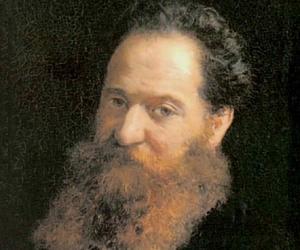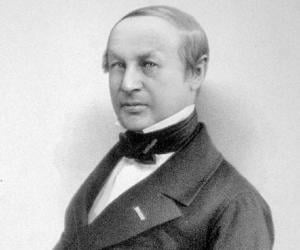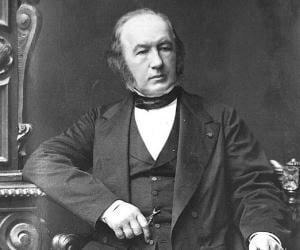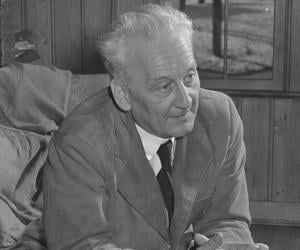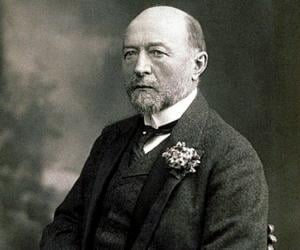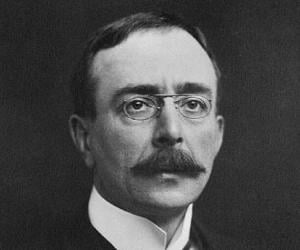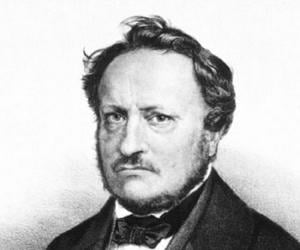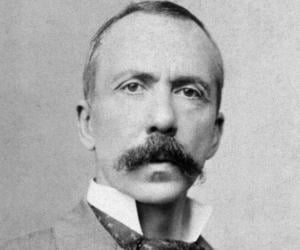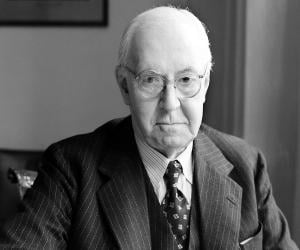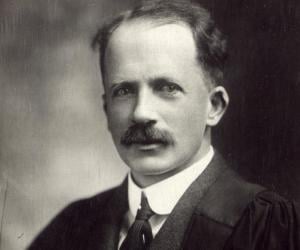Theodor Schwann was a German physiologist and physician best remembered for his important contributions to biology. He is credited with discovering the Schwann cells, which is named after him. He is also credited with discovering pepsin and the organic nature of yeast. Theodor Schwann also invented the term metabolism.
Claude Bernard was a French physiologist whose scientific experiments led to several important discoveries. He is credited with coining the phrase milieu intérieur, which refers to the extracellular fluid (ECF) environment. He also pioneered the use of a blinded experiment to eliminate various experimental biases.

A pioneer of physical anthropology, Johann Friedrich Blumenbach laid down one of the first racial classification systems for humans after studying human skulls, dividing mankind into five racial groups. Born into a family of academics, he was a prodigy. He was against scientific racism, though his theory promoted the degenerative hypothesis.
Born in Budapest, Nobel Prize-winning biochemist Albert Szent-Györgyi shot himself in the arm while serving in World War II, so that he could be sent back home, and then studied medicine. While he is remembered for first isolating vitamin C, unknown to many, he was also a skilled pianist.
Nobel Prize-winning German physiologist Emil Adolf von Behring is remembered as a pioneer of immunology for his research on serum therapy developed an antitoxin to cure diphtheria. One of the 13 children of his parents, he had studied medicine at a military academy due to lack of funds.
Charles Scott Sherrington was an English histologist, neurophysiologist, pathologist, and bacteriologist. In 1932, Sherrington and Edgar Douglas Adrian were awarded the Nobel Prize in Physiology or Medicine for their discoveries of the functions of neurons. Charles Scott Sherrington's exposition of synaptic communication between neurons helped understand the central nervous system. He was also the recipient of the prestigious Royal Medal.
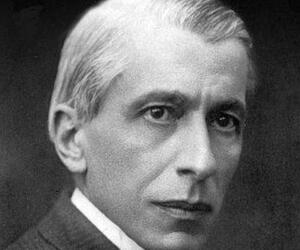
Known for his pathbreaking research on the hormone insulin, Romanian physiologist Nicolae Paulescu was also a professor of medicine. He had a tiff with the Nobel Prize committee on their decision to award two other scientists for the discovery of insulin. His anti-Semitic writings influenced the Iron Guard movement.
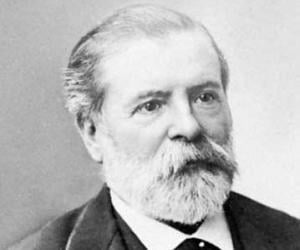
Étienne-Jules Marey was a French scientist, chronophotographer, and physiologist. He is best remembered for his work which played a major role in the development of physical instrumentation, cardiology, cinematography, aviation, and the science of laboratory photography. Étienne-Jules Marey is widely regarded as a pioneer of photography.
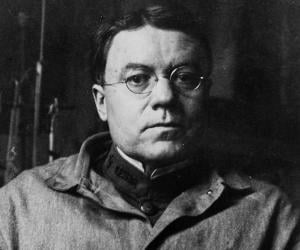
Walter Bradford Cannon was an American physiologist best remembered for his association with Harvard Medical School, where he served as chairman and professor of the Department of Physiology. Walter Bradford Cannon is credited with developing the theory of homeostasis and coining the term fight-or-flight response.
Johannes Peter Müller was a German physiologist, ichthyologist, herpetologist, and comparative anatomist. Known for his discoveries and his capability to synthesize knowledge, Müller made important contributions to the field of physiology. He also mentored physiologists and scientists like Hermann von Helmholtz, Theodor Schwann, Emil du Bois-Reymond, Friedrich Gustav Jakob Henle, Ernst Haeckel, and Ernst Wilhelm Brücke.
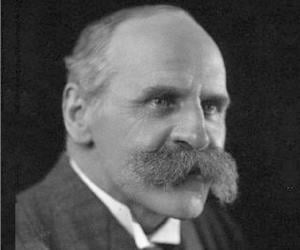
Copley Medal-winning Scottish physiologist John Scott Haldane is best remembered for his research on the physiology of respiration. He also contributed significantly to mine safety regulations and developed a method to help deep-sea divers. It is believed, he would often lock himself in sealed rooms, inhaling gases, to observe their effects on him.
Charles Richet was a French physiologist remembered for his pioneering work in immunology. He is acclaimed for his work on anaphylaxis, which earned him the prestigious Nobel Prize in Physiology or Medicine in 1913. He was also interested in the study of the paranormal. A proponent of eugenics, Richet was in charge of the French Eugenics Society for six years.
Henry Hallett Dale was an English physiologist and pharmacologist. He is best remembered for winning the prestigious Nobel Prize in Physiology or Medicine in 1936 along with Otto Loewi. Henry Hallett Dale was also the recipient of many other awards like the Royal Medal, the Copley Medal, and the Albert Medal.
John James Rickard Macleod was a Scottish biochemist and physiologist. Even though his research covered diverse topics in physiology and biochemistry, he is best remembered for his work in carbohydrate metabolism. He played a major role in the discovery and isolation of insulin, for which he shared the 1923 Nobel prize in Physiology or Medicine with Frederick Banting.
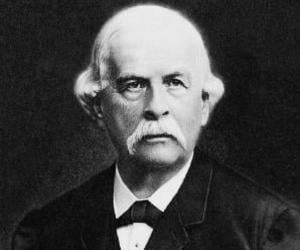
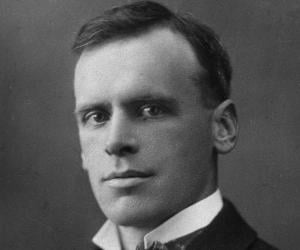
British physiologist Ernest Starling is best known for establishing the Starling’s hypothesis, which explained the fluid balance between tissues and vessels. A physiology professor at UCL, he later laid down the Law of the Heart and also worked on poisonous gases during World War I. He was, however, shunned by the Nobel Committee.
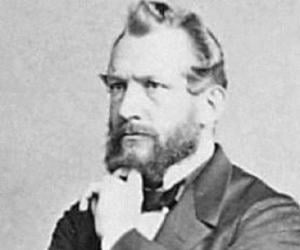
Emil Heinrich Du Bois-Reymond was a German physiologist and physician. He is credited with developing experimental electrophysiology and co-discovering nerve action potential. He was also a renowned teacher and is known for his association with the University of Berlin where he served as a professor.
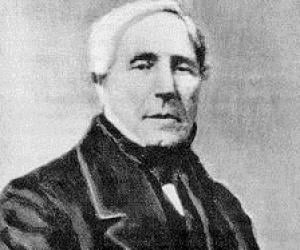
Jean Léonard Marie Poiseuille was a French physiologist and physicist. He is best remembered for formulating and publishing the Hagen–Poiseuille equation. Jean Léonard Marie Poiseuille came up with the equation after developing an interest in the flow of blood in capillaries and veins.
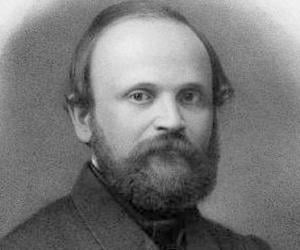
German embryologist and neurologist Robert Remak is known for pathbreaking scientific feats such as the discovery of the Remak’s ganglia and the use of electrotherapy to treat nervous ailments. He also named the three layers of the embryo, the ectoderm, mesoderm, and endoderm. His Jewish origin deprived him from valid recognition.
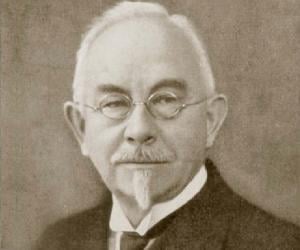
Danish geneticist and botanist Wilhelm Ludvig Johannsen is remembered for his research on plant heredity. Initially a professor, who had also taught plant physiology at the University of Copenhagen, he later focused on research. He is also credited with coining the terms phenotype, genotype, and genes.
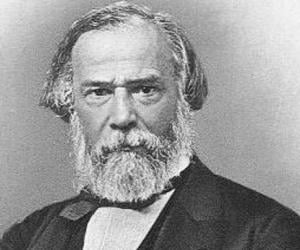
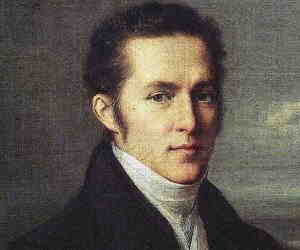
Carl Gustav Carus was a German painter and physiologist. He is best remembered for creating the concept of the vertebrate archetype. A man of many talents, Carl Gustav Carus was a renowned naturalist, psychologist, scientist, and doctor.
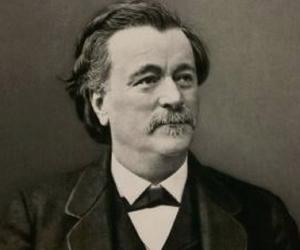
Paul Bert was a French physiologist, zoologist, and politician. Referred to as the Father of Aviation Medicine, Bert is best remembered for his 1878 work La Pression barometrique, which explains the physiological effects of air-pressure. Paul Bert is also credited with describing oxygen toxicity for the first time.
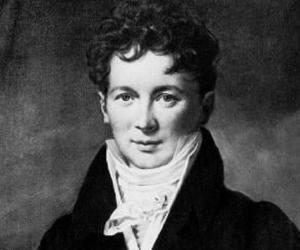
François Magendie was a French physiologist and a pioneer of experimental physiology. He is perhaps best remembered as a notorious vivisector who often shocked his contemporaries and general public with live dissections at public lectures. Many scholars and scientists have criticized him for needlessly torturing animals in the name of experiments.
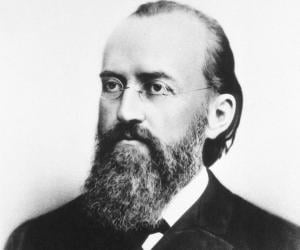
German physiologist and psychologist Ewald Hering is best remembered for his physiology of colour perception. He not only developed the opponent color theory but also conducted research on respiration and the vagus nerve. He also taught at the University of Leipzig and the University of Prague.
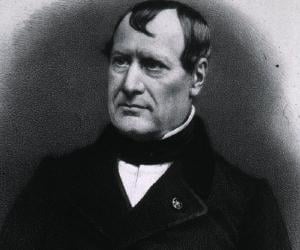
Jean Pierre Flourens was a French physiologist and a pioneer in anesthesia. He is also credited with founding experimental brain science; he performed operations on the brains of living rabbits and pigeons to investigate localisationism. Through his experiments, Jean Pierre Flourens was able to confirm that the main divisions of the brain were responsible for different functions.

Henri Dutrochet was a French physician, physiologist, and botanist. Dutrochet is best remembered for his investigation into osmosis. He is also credited with discovering cells in plants and cell biology. Henri Dutrochet’s works earned him several awards including the Académie Française's prize for experimental physiology.
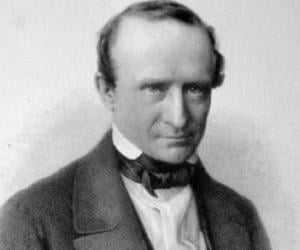
Ernst Wilhelm von Brücke was a German physician and physiologist. He studied medicine at the University of Berlin. Together with Emil Du Bois-Reymond, Hermann von Helmholtz and others, he founded the Physikalische Gesellschaft (Physical Society) in Berlin. He had a successful academic career and is remembered for his research on the nature of cells and studies of albumin.
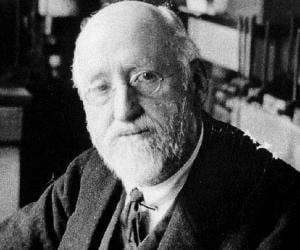
William Bayliss was an English physiologist whose contribution to medicine was honored with a knighthood in 1922. He published his life's work in the book Principles of General Physiology in 1919. The same year, he was honored with the prestigious Copley Medal. William Bayliss had earlier won the Royal Medal in 1911.
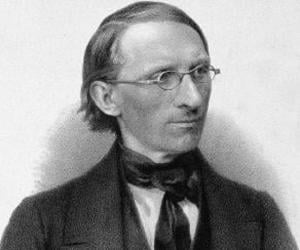
Copley Medal-winning German physician and physiologist Carl Ludwig founded the physicochemical school of physiology and studied topics such as urine secretion and blood pressure. He had been a professor at the University of Leipzig. His inventions include the kymograph, and he was the first to keep animal parts alive in vitro.
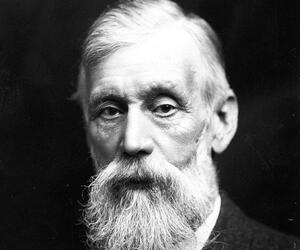
British physiologist Michael Foster scripted history as the first physiology professor at the University of Cambridge. As a teacher, he stressed on the importance of laboratory experiments and thus modernized the teaching methods for subjects such as biology and physiology. He had also tried his luck in politics.
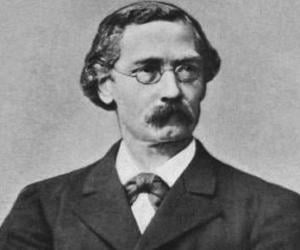
Felix Hoppe-Seyler was a German chemist and physiologist. He is credited with founding the disciplines of molecular biology and biochemistry. He is also credited with founding Journal for Physiological Chemistry and worked as its editor until his demise in 1895. Felix Hoppe-Seyler also played an important role as a teacher; among his students were Albrecht Kossel and Friedrich Miescher.
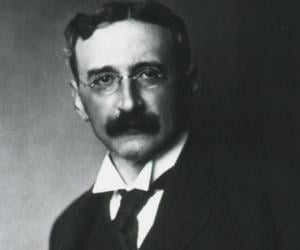
German-born American biologist Jacques Loeb is remembered for his pathbreaking research on artificial parthenogenesis. He headed his own department at Rockefeller University and also taught at the University of Chicago and the University of California, Berkeley. Though nominated for the Nobel Prize multiple times, he never won the prize.
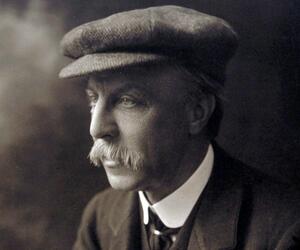
Edward Albert Sharpey-Schafer was an English physiologist credited with founding endocrinology, a branch of medicine and biology dealing with the endocrine system. In 1894, along with George Oliver, Schafer discovered the existence of adrenaline. Edward Albert Sharpey-Schafer is also credited with coining the word insulin.
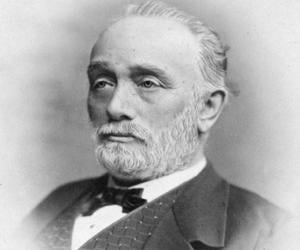
Ludwig Büchner was a German philosopher, physiologist, and physician. He was one of the exponents of 19th-century scientific materialism. He studied at the University of Strasbourg, the University of Würzburg, and the University of Vienna before becoming a lecturer in medicine. As an exponent of scientific materialism, he founded the "German Freethinkers League" ("Deutsche Freidenkerbund") in Frankfurt.
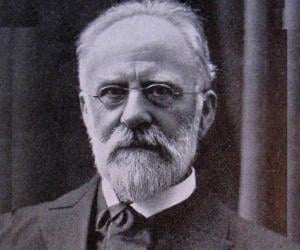
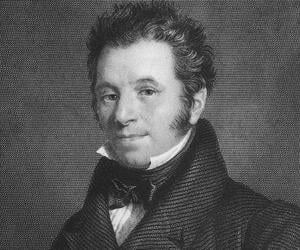
Marshall Hall was an English physician, neurologist, and physiologist. He is credited with contributing immensely to the theory of reflex arc. Hall also wrote many books on neurological diseases, such as epilepsy and apoplexy (stroke). An ardent supporter of the abolitionist movement, Marshall Hall was inducted into the American Philosophical Society (APS) in 1853.
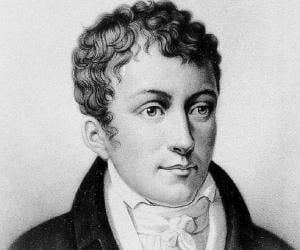
Pierre Jean Georges Cabanis was a French freemason, physiologist, and materialist philosopher. An early proponent of evolution, Cabanis is credited with influencing the work of French naturalist Jean-Baptiste Lamarck. Pierre Jean Georges Cabanis made a statement on natural selection much before Charles Darwin's theory of evolution.
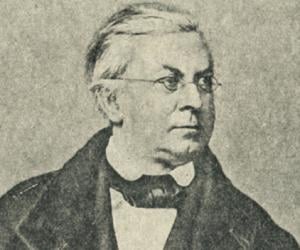
Karl Theodor Ernst von Siebold was a German zoologist and physiologist. He is best remembered for introducing the taxa Rhizopoda and Arthropoda and defining the taxon Protozoa, especially for single-celled organisms. Karl Theodor Ernst von Siebold is also remembered for his best-known work, Manual of Comparative Anatomy.
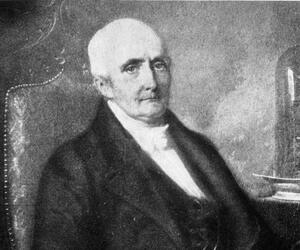
Swiss plant physiologist and chemist Nicolas-Théodore de Saussure made pioneering developments in phytochemistry and is considered one of the major researchers of photosynthesis. His rich articles were featured in Annals of Chemistry. Born to alpinist, physicist, and meteorologist Horace-Bénédict de Saussure, he was drawn to science since childhood.
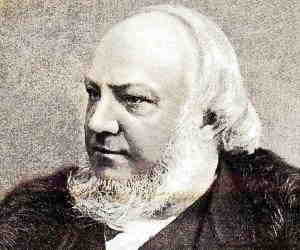

Physiologist Martin Henry Fischer, known for his expertise in colloid chemistry, had been a professor at the University of Cincinnati for 40 years. His medical quotes and aphorisms were collected in the book Fischerisms. A painter and art lover too, he designed the interiors of his lecture hall.
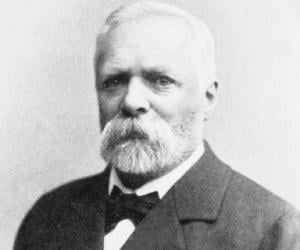
Carl von Voit was a German dietitian and physiologist. He is often referred to as the father of modern dietetics. Carl von Voit was also a famous teacher, drawing international students into the University of Munich. Among his students was Max Rubner, who went on to become a popular physiologist and hygienist.
